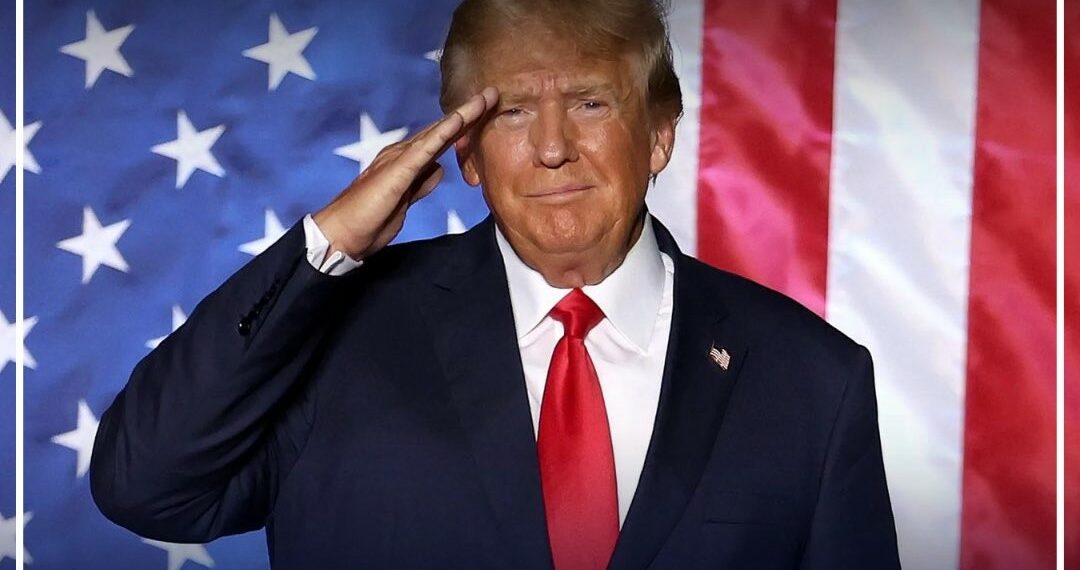French President Emmanuel Macron has called an emergency meeting of key European Union nations and the United Kingdom at the Elysee Palace to strategise on how to navigate shifting relations with the United States, a once steadfast ally.
The summit comes after a week of intense diplomatic activity by the Trump administration, which has raised concerns in Europe over its apparent shift towards Moscow while sidelining traditional European partners.
Despite months of warnings about the potential impact of Donald Trump’s re-election on transatlantic relations, European leaders had held onto the hope that the US would remain aligned with Europe, particularly in its efforts to strengthen defense capabilities and reduce reliance on American military support.
However, recent statements from U.S. officials, including Vice President JD Vance and Defense Secretary Pete Hegseth, have raised alarms, questioning Europe’s commitment to its own security and democratic values.
Macron described these rebukes as a “shock to the system.”
The turning point came when Trump, in a break from longstanding US policy, held talks with Russian President Vladimir Putin to discuss ending the Russia-Ukraine war.
In a further blow, Trump’s special envoy for Ukraine and Russia on Saturday nearly excluded other European nations from any future peace talks on the conflict.
This raised serious concerns within the EU about the direction of US foreign policy.
Germany’s Foreign Minister Annalena Baerbock called the situation an “existential moment” for Europe, emphasising the need for Europe to assert its role on the global stage.
Macron’s emergency meeting, despite efforts by his foreign minister Jean-Noël Barrot to downplay its significance, highlighted the urgency of a unified European response to these developments.
For decades, the US and Western European nations have closely cooperated, from confronting the Soviet Union during the Cold War to addressing Russia’s recent aggression.
While the US has long expressed frustration with European NATO members’ reluctance to increase defense spending, these concerns have never before escalated to the level seen in recent days.
On Monday, Macron hosted discussions with the leaders of Germany, the UK, Italy, Poland, Spain, the Netherlands, Denmark, and the EU, along with NATO Secretary General Mark Rutte, to address Europe’s current security challenges.
While no major decisions were anticipated, the meeting underscored a renewed sense of unity among European nations in response to the evolving geopolitical landscape.
ALSO READ: Vegetable consumption reduces liver cancer risk by over half, finds new study
French officials noted that while Europe is rallying together, the need for strong ties with the US remains critical, particularly as European nations work to boost defense production in the coming years.
UK Prime Minister Keir Starmer echoed this sentiment, writing in The Daily Telegraph that US support is essential for a lasting peace in Ukraine, with only the US able to effectively deter further Russian aggression.
European leaders are committed to supporting Ukraine and are in agreement on increasing defense spending.
However, disagreements remain over the best approach to reaching higher defense spending targets, with some nations advocating for joint borrowing on defense projects while others insist on meeting the existing 2% spending goal before considering further increases.
This issue is expected to be a key topic at the ongoing meeting.















